How to get Canadian dollars in the US
Heading abroad? Here’s everything you need to know about ordering Canadian dollars in the US.

Working out how to get your travel money sorted for an upcoming trip? You’ve got a few options. You can exchange and carry cash, but using credit, debit and prepaid cards when you travel can often be a safer and more convenient choice.
Using your credit card in Europe should be possible, but there are a few things you need to know to make sure your card will be accepted, and avoid unnecessary fees for spending abroad. This guide covers it all.
| Table of contents: |
|---|
Chip and PIN cards are standard in Europe. If you have a chip and signature card it might be worth asking if your bank can give you a PIN, or getting yourself a new card which uses chip and PIN technology, to make your trip easier. Using a Wise borderless Mastercard is a chip and PIN solution as well as a great way to save money while you travel. More on that in a moment.
If you don’t have a chip and PIN card, you will still be able to manage most purchases. However, you may run into a few issues, such as staff not understanding how to swipe a card, or not having a pen handy. European customers have been using PIN numbers instead of signatures for so long, you may even find that younger staff have never been asked to take a chip and signature transaction.
Signature cards can’t be used in some situations, such as self check-outs in supermarkets. Having a second card, with a PIN available, is a smart solution.

A great way to get a chip and PIN card - and save time and money when you travel - is to open a free Wise multi-currency account and get a linked Mastercard.
You can hold 40+ currencies in your account, and switch between them using the mid-market exchange rate for just a low, transparent fee. You’ll then be able to spend any currency you hold, for free, using your Mastercard. Top up in dollars, switch to euros or any other currency you require, and you’re good to go.
Using a card when you travel is a convenient way of paying for things, and means you don’t have to carry around or exchange too much cash. However, there are a few fees to watch out for - here’s a run down.
One common fee - and a massive headache for travellers - is dynamic currency conversion (DCC). This is where you’re asked if you want to pay in your home currency - dollars - instead of the local currency in your destination.
It seems like an easy way to avoid working out the currency conversion in your head, but actually paying in dollars will mean you pay more. You’ll be exposed to extra fees and won’t get your card provider’s regular exchange rate. Pay in the local currency at your destination to get the best deal available.
Foreign transaction fees are added by many card providers, and can mean you pay 1% - 3% more for spending on your card when you’re overseas.
Check your own card terms and conditions to see if this applies to you. If it does, you might be better off getting a separate card for use when you travel, such as the Wise borderless Mastercard which lets you convert currencies using the mid-market rate, and spend any currency you hold without needing to worry about foreign transaction fees.
If you withdraw cash using your credit card, you’ll often need to pay a cash advance fee, in addition to any foreign transaction fee that’s levied. You then also need to pay interest on any credit card balance which is not cleared. These costs can quickly ramp up, making it a smart idea to avoid using your credit card for ATM withdrawals wherever possible.
Before you head off, here are a few more ideas to make sure your trip goes well.
Cash is still more widely used than cards in many countries in Europe. And if you’re planning on getting off the beaten track, shopping in markets or eating like a local in smaller restaurants and food stalls, cash is essential. Keep some on you at all times.
Holding a couple of cards is a good plan, ideally on 2 or more networks in case one is not accepted wherever you end up. Why not get yourself a Wise multi-currency account and linked Mastercard so you can exchange funds at the mid-market rate, and spend while you travel without foreign transaction fees.
In Europe, Visa and Mastercard are the most popular card networks. American Express is also widely accepted, but you will run into merchants who won’t take an Amex card as payment. Discover cards are not common in Europe.
You can get specific information for your card network, online. Learn more about general acceptance internationally, or locate a local ATM wherever in the world you are. Here are some resources to help:
Credit cards are monitored continuously to protect customers against fraud. If unusual transactions show up, you may find your card company tries to get in touch to check it’s you using the card. If they can’t confirm this, your card will be limited or blocked for security.
Avoid this issue and inconvenience by telling your card provider that you’re planning on being out of the country. It’s also a smart precaution to check that the personal and contact details they hold are up to date, so your card provider’s customer service team can get in touch if they need to.
It’s very easy to forget about security and safety when you’re on vacation. You’re there to relax, after all. However, nothing ruins an overseas trip as quickly as having your cards stolen, or losing them while you travel. In most cases you don’t need to take any more precautions than when you’re at home, but being careful with your cards is a must.
Check for the latest advice on the US Department of State travel advisory page.
Planning how to manage your money while you’re abroad isn’t the most exciting part of arranging your vacation. But getting it right can save you money and stress later. Use these handy tips and ideas to make sure you can spend safely with your credit cards when in Europe - and have a great trip!
*Please see terms of use and product availability for your region or visit Wise fees and pricing for the most up to date pricing and fee information.
This publication is provided for general information purposes and does not constitute legal, tax or other professional advice from Wise Payments Limited or its subsidiaries and its affiliates, and it is not intended as a substitute for obtaining advice from a financial advisor or any other professional.
We make no representations, warranties or guarantees, whether expressed or implied, that the content in the publication is accurate, complete or up to date.
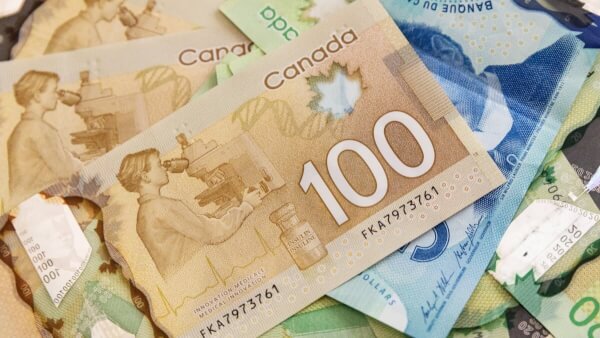
Heading abroad? Here’s everything you need to know about ordering Canadian dollars in the US.
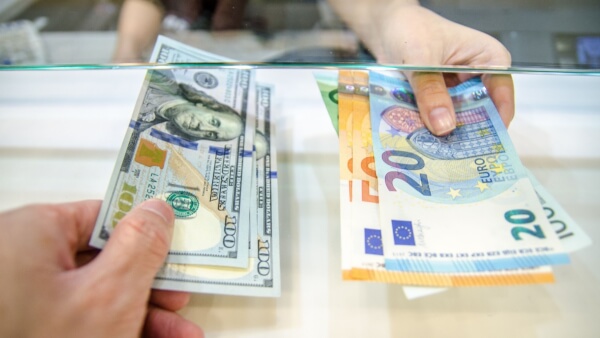
Going abroad and in need of foreign currency? In this article, we'll explore where to exchange currency - from good deals to the places you should avoid.
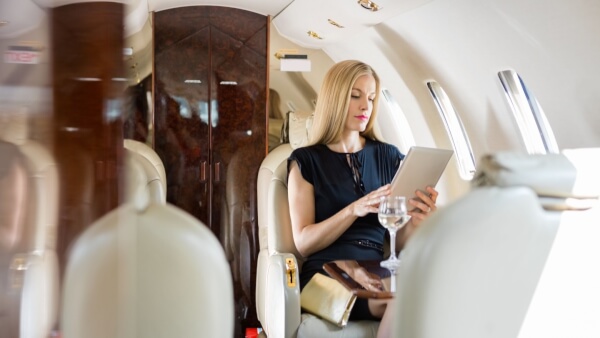
Are you a frequent flyer? Find out how much a private jet costs and other options, such as chartering and fractional ownership.

Want to sail around the world? Find out how much a world cruise costs and what these expeditions typically include for passengers.
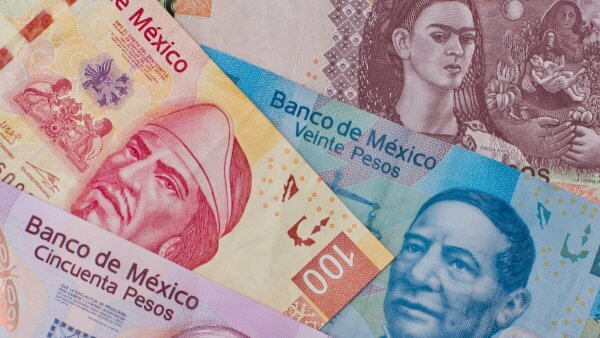
Heading abroad? Here’s everything you need to know about ordering pesos with Chase bank.
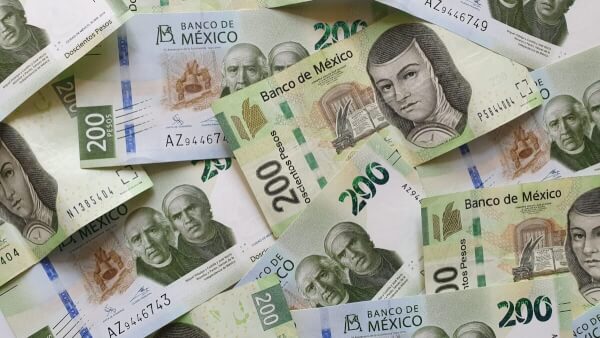
Heading abroad? Here’s everything you need to know about ordering pesos with Wells Fargo.